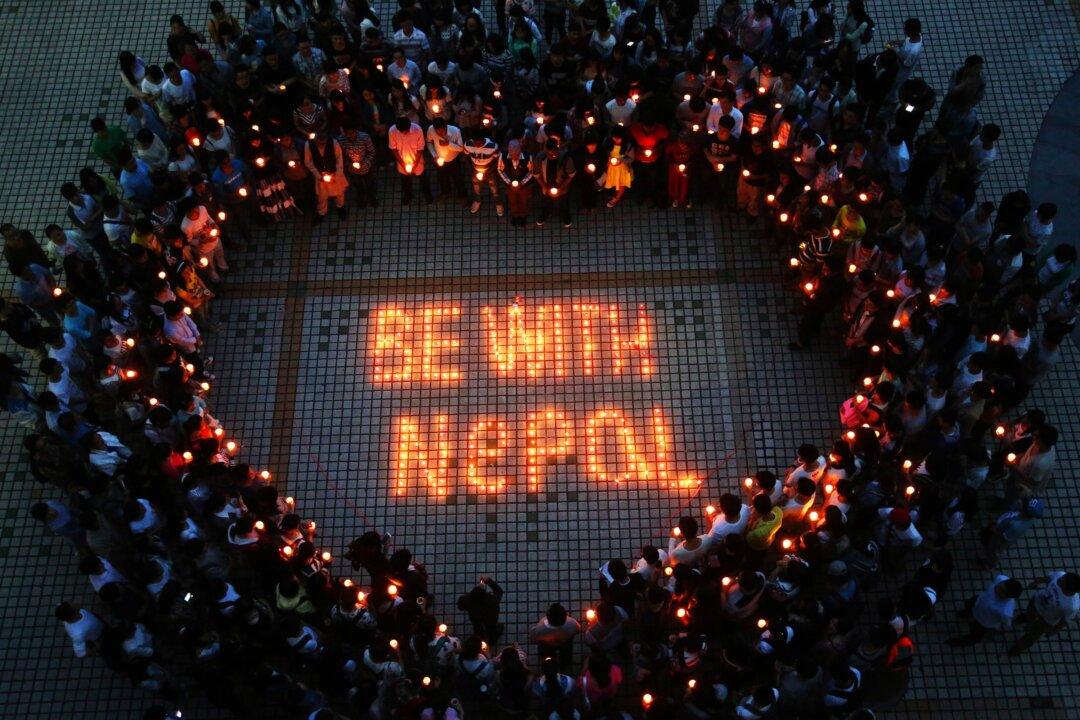In Nepal, people are dying, buildings are crumbling, and whole villages are entombed by rock falls after a massive earthquake hit the Himalayan nation. Despite needing all the help it can get, the Nepalese government has decided to snub an offer of aid from Taiwan—very possibly in the name of politics.
Taiwan Vice Foreign minister Andrew Kao said Monday that Nepal had declined the island nation’s help in search-and-rescue efforts “for the time being,” according to Taiwan broadcaster Central News Agency. Kao said Taiwan will still send an advance medical team, but it is unclear if Nepal’s government will allow it to operate.
Nepal is rejecting Taiwan search and rescue efforts on grounds that the countries aren’t close enough, both literally and diplomatically. There’s a “great distance” between Taiwan and Nepal, and a “lack of direct flights and diplomatic relations,” Central News Agency reports. Nepal will instead rely on its neighbors, China and India, and only notify Taiwan when more help is needed.
Nepal’s aid refusal is odd seeing how the “needs of its people are acute“—tens of thousands have been left homeless since Saturday, and the death toll reached 3,700 on Monday, with over 6,300 injured, according to The Associated Press.
Taiwan has excellent earthquake search and rescue teams, as it proved in Sichuan in 2008 and Haiti in 2011. Also, Taiwan is renowned for its “ability to bring tremendous resources and expertise to the relief effort,” according to Don Rodgers, a political science professor at Austin College, in an email.
Indeed, Taiwan has pledged about $300,000 in aid, and public fundraising campaigns have been started. Several Taiwanese government and charity groups are planning rescue missions to Nepal, Reuters reports.




